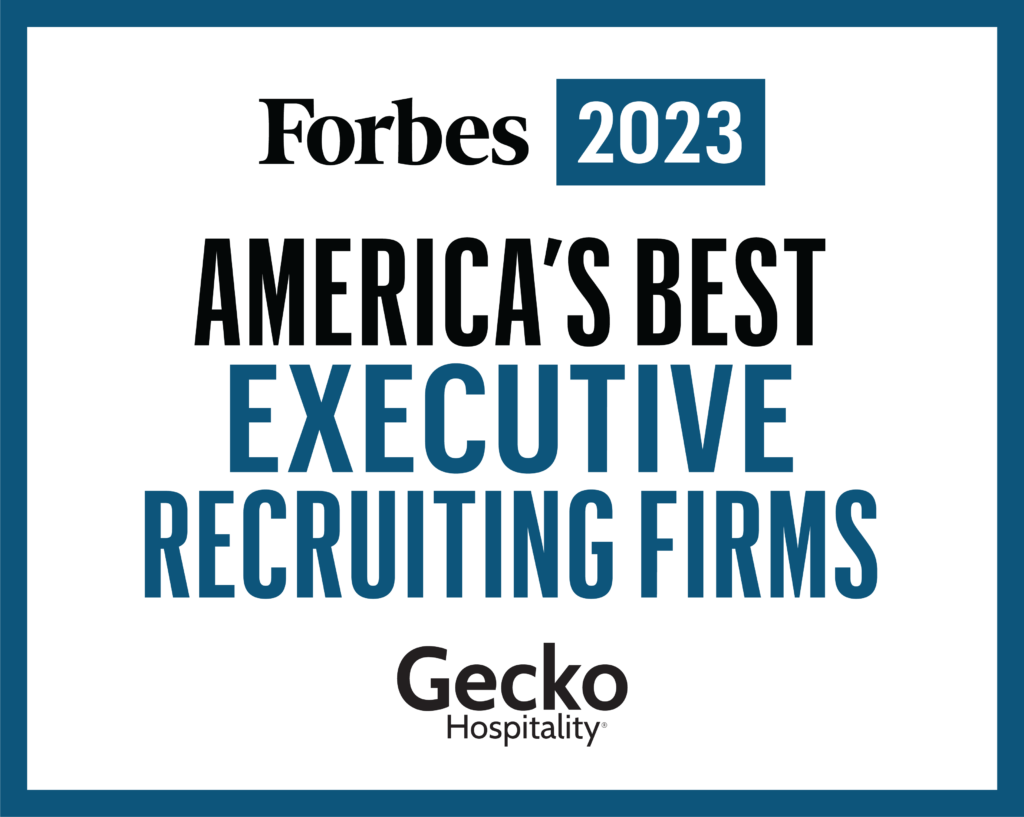Every leader I talk to has a common challenge: finding people who care. Finding engaged talent is not a new struggle, but The Great Resignation has exacerbated it. The truth is- only about a quarter of the population is happily engaged at work. The latest Gallup workplace engagement survey found only twenty percent of workers give the best measure of themselves at work. So what are the odds of building a dream team if most workers don’t seem to care?
Engagement is a complex issue that requires a simplified solution. Today’s workers aren’t looking for jobs and bosses. Instead, they seek opportunities and mentors. Therefore, an organization that focuses on building positive work environments and is training managers on building trust with employees has a competitive advantage in attracting talent. Leaders must ask themselves, “are we an employer of choice?”
Inspired by Blanchard’s “The One Minute Manager,” One Degree codified a process twelve years ago called Connect and Direct. Connect and Direct is a science-based training process developed to help managers build happy, high-performing teams. After decades of working with teams in the hospitality sector, we discovered engagement patterns among individual workers. For example, hiring for attitude is a priority for hospitality. But time after time, the employee’s attitude began to slip approximately 30 days into the employment relationship.
At that time, managers would begin to sound the alarm- “Our new host isn’t smiling anymore. They seem stressed and aren’t performing up to expectations!” The managers would identify the issue but rarely had a solution except to reprimand or terminate. Additionally, there was a lack of consensus about the employee’s potential and how the management team could improve the employee’s performance.
We realized several factors were at work:
1. A lack of role respect, i.e., trainers and managers preferred the type of worker they were training. For example, proactive trainers preferred proactive trainees, and thoughtful trainers preferred thoughtful trainees.
2. A lack of understanding of how adults learn and how long it takes to achieve competence.
3. Little understanding about “situational mentorship,” i.e., trainer treated every trainee the same way, not considering their individual needs, not engaging.
4. Lack of awareness of the emotional dynamics involved in the learner process and how a lack of confidence and stress can negatively impact the learning process.
The leadership failure here is that we mishandled, reprimanded, and terminated individuals because we relied on the trainer’s perceptions, biases, and inexperience. Our trainers were our best employees, but that did not make them competent trainers, let alone insightful mentors.
Author – Ed Doherty | One Degree Coaching





